Can Ukraine reshape the European energy map and consolidate its role in the post-“Russian gas era”?
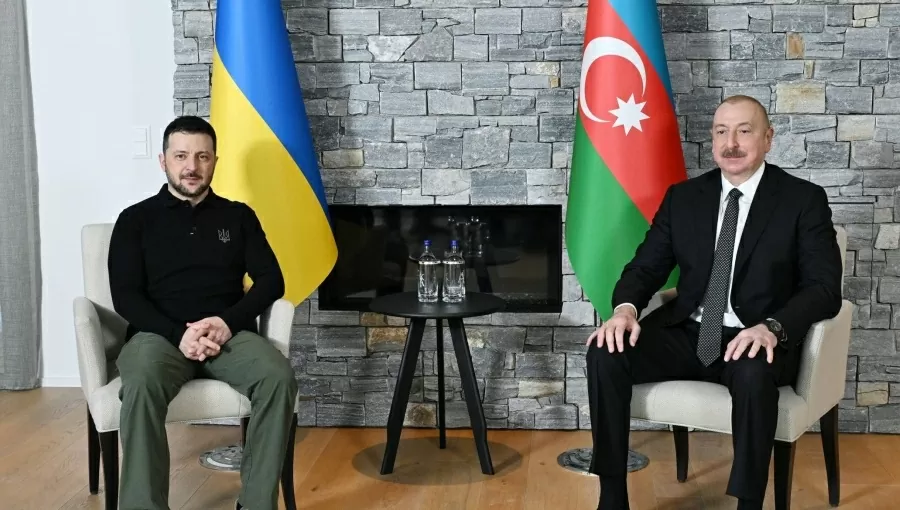 |
| Ukrainian President Volodymyr Zelensky and his Azerbaijani counterpart Ilham Aliyev during a meeting on the sidelines of the World Economic Forum in Davos, Switzerland, on January 22. (Source: Azerbaijani Presidential Office) |
Ukraine is positioning itself as a key transit hub for Azerbaijani gas to Europe, a move that could dramatically change the region's energy landscape.
If successful, this would open up a new role for Kiev after Russian gas supplies stopped flowing to the rest of Europe via Ukraine on January 1, pushing up European wholesale energy prices.
Ukraine's Ambitions
The expiration of the Russian gas transit agreement through Ukraine to Europe in early 2025 and Kiev's decision not to extend it have sparked fierce debate within the European Union (EU) as countries such as Hungary and Slovakia have criticized Ukraine, accusing Kiev of fueling the energy crisis without any significant impact on Moscow.
The halt in Russian gas flows to Europe will force Slovakia to pay an additional €177 million in fees for alternative routes, while triggering a humanitarian crisis in Moldova's breakaway region of Transnistria, which has been cut off from electricity for heating and hot water supplies.
For Ukraine, the country would lose fees equivalent to about 0.5% of GDP by terminating the transit contract and risk weakening its strategic role in the old continent's energy sector.
This has encouraged Kiev to look for alternative ways to boost its energy sector and address European concerns over the looming crisis. Ukraine’s strategic location offers opportunities to facilitate energy diversification.
In this vein, Ukraine has approached Azerbaijan, a longtime exporter of fossil fuels to Europe, with an offer to ship Azeri gas to Europe, replacing some of its Russian gas. Unlike the initial proposal to ship Russian gas under the brand name “Azeri gas,” Kiev has this time firmly refused to ship any Russian gas, even under different brands.
Azerbaijani President Ilham Aliyev and his Ukrainian counterpart Volodymyr Zelensky held a face-to-face meeting on the sidelines of the World Economic Forum in Davos, Switzerland, on January 22. The two leaders exchanged views on cooperation in the energy sector and regional security issues.
During the press conference, President Zelensky enthusiastically emphasized Azerbaijan's role in the European energy sector, mentioning that Baku's export capacity is at 25 billion cubic meters.
Mr Zelensky’s stance may come as a bit of a surprise given the dire situation on the ground with Russia and Moscow’s recent moves. By refusing to continue transiting Russian gas and instead seeking to ship gas from Azerbaijan, Kiev wants to prevent Moscow from benefiting from gas exports to Europe.
The big hurdles
However, despite Ukraine's ambitions, the plan faces political, logistical and economic hurdles, including Azerbaijan's current inability to supply additional volumes of gas to Europe.
Under the 2022 agreement, Baku pledged to increase gas exports to the EU from 8.1 billion cubic meters in 2021 to 20 billion cubic meters annually by 2027 to southern and central Europe via Türkiye. Although Azerbaijan sees Europe as a reliable gas export market, bilateral relations between the country and the EU have been strained over the past two years, with members of the bloc frequently criticizing Baku, while Azerbaijan has accused the EU of applying double standards.
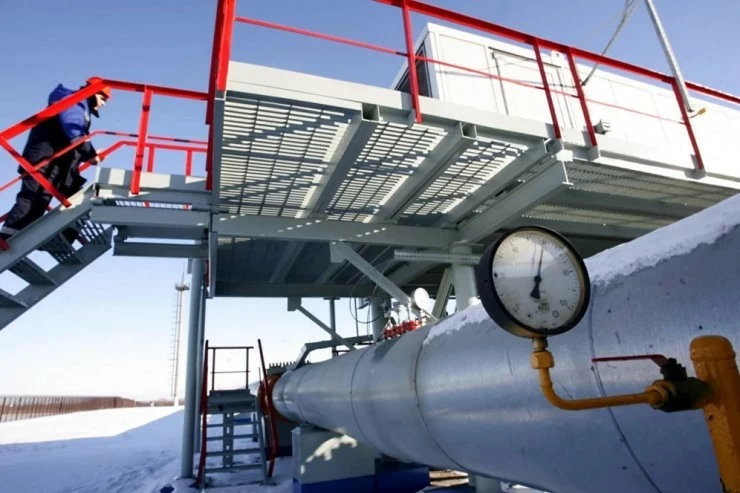 |
| The Sudzha gas metering station is located near the Russia-Ukraine border. (Source: Novaya Gazeta Europe) |
Furthermore, Azerbaijani officials have expressed frustration over the EU's reluctance to sign long-term gas contracts, claiming that the 27-member bloc is treating the Caucasus country like a "firefighter" by only committing to short-term gas contracts while demanding increased export volumes amid the Russia-Ukraine conflict.
This reluctance stems from the coalition's commitment to reducing its dependence on fossil fuels and achieving carbon neutrality by 2050. However, Baku argues that, without long-term commitments, securing investment for new energy projects and expanding infrastructure remains a challenge.
A long-term contract would allow Baku to raise additional capital and build additional infrastructure to increase its Caspian Sea gas production and meet growing European demand. This would certainly enhance Azerbaijan’s position in its relations with the EU, allowing it to leverage additional gas exports to Europe in exchange for political concessions.
Currently, the proposed route for exporting Azeri gas through Ukraine would involve utilizing the Trans-Balkan Pipeline, which runs through Türkiye, Bulgaria, Romania, and Ukraine. This infrastructure has historically transported Russian gas to the Balkans but has not been fully exploited in recent years. By connecting to Azerbaijan’s Southern Gas Corridor (SGC), Ukraine could facilitate gas supplies to European markets such as Poland, Germany, and the Baltic states.
However, expanding Azerbaijan’s gas exports would require further investment in pipelines and gas fields, which remains uncertain without guarantees of long-term buyers. In addition, Baku has existing commitments to Turkey, Italy and the Balkans, raising questions about whether there will be enough supply to support the Ukrainian transit corridor.
At the same time, the EU remains cautious about funding new gas projects, fearing a backlash from climate activists and member states committed to a green energy transition. The initiative’s long-term success will therefore depend on overcoming geopolitical opposition, securing the bloc’s investment commitments, and Azerbaijan having sufficient gas capacity to export more. If Ukraine can overcome these hurdles and secure the necessary investments, it could reshape the European energy map and cement its role as a key energy transit hub in the post-“Russian gas era.”
Source: https://baoquocte.vn/tuyet-giao-khi-dot-nga-ukraine-om-mong-lon-voi-dong-nhien-lieu-cua-mot-quoc-gia-kavkaz-nhung-duong-di-khong-trai-hoa-hong-303311.html















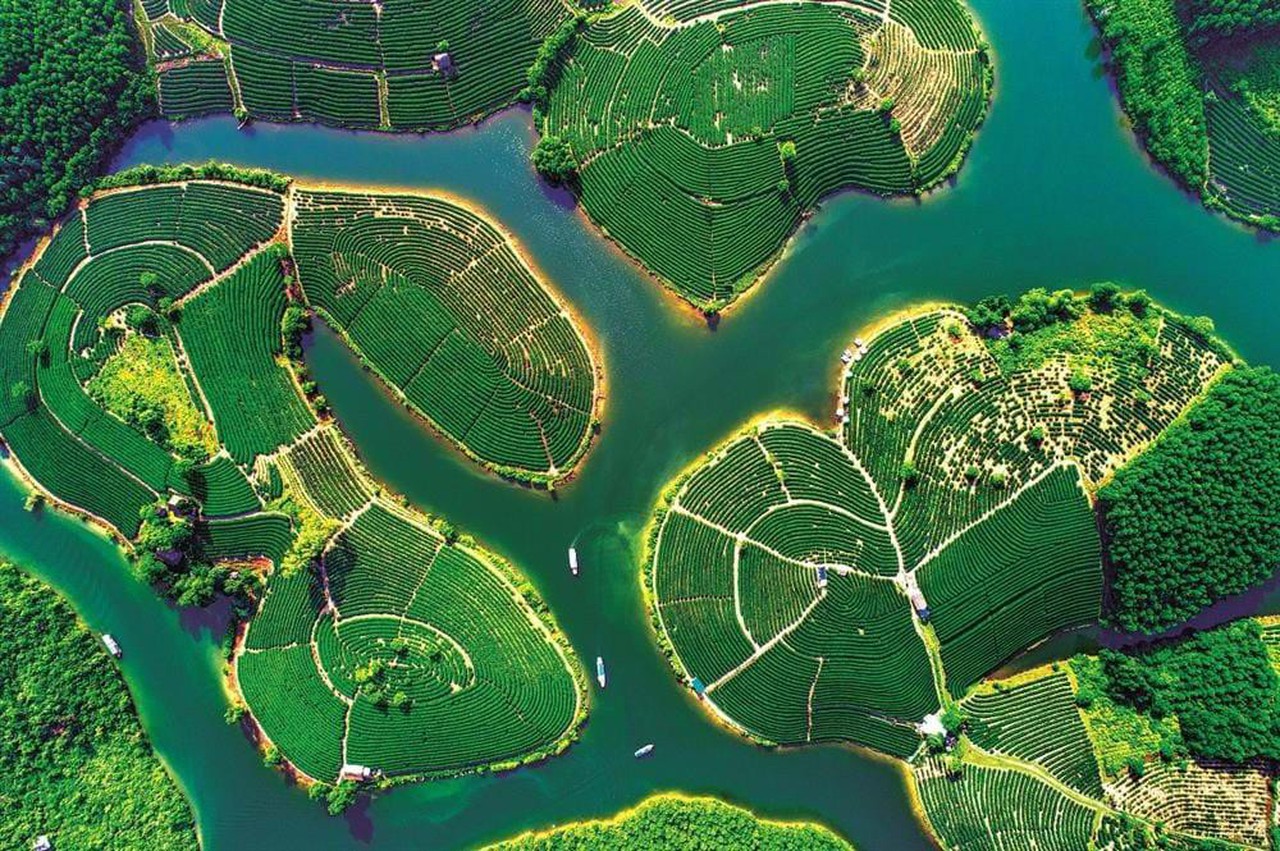

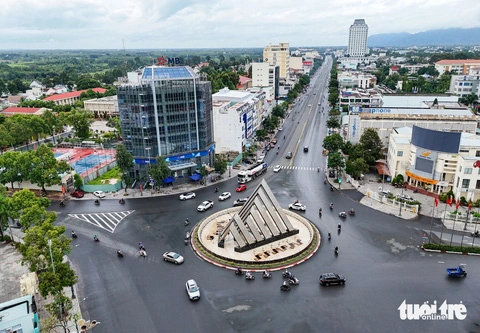
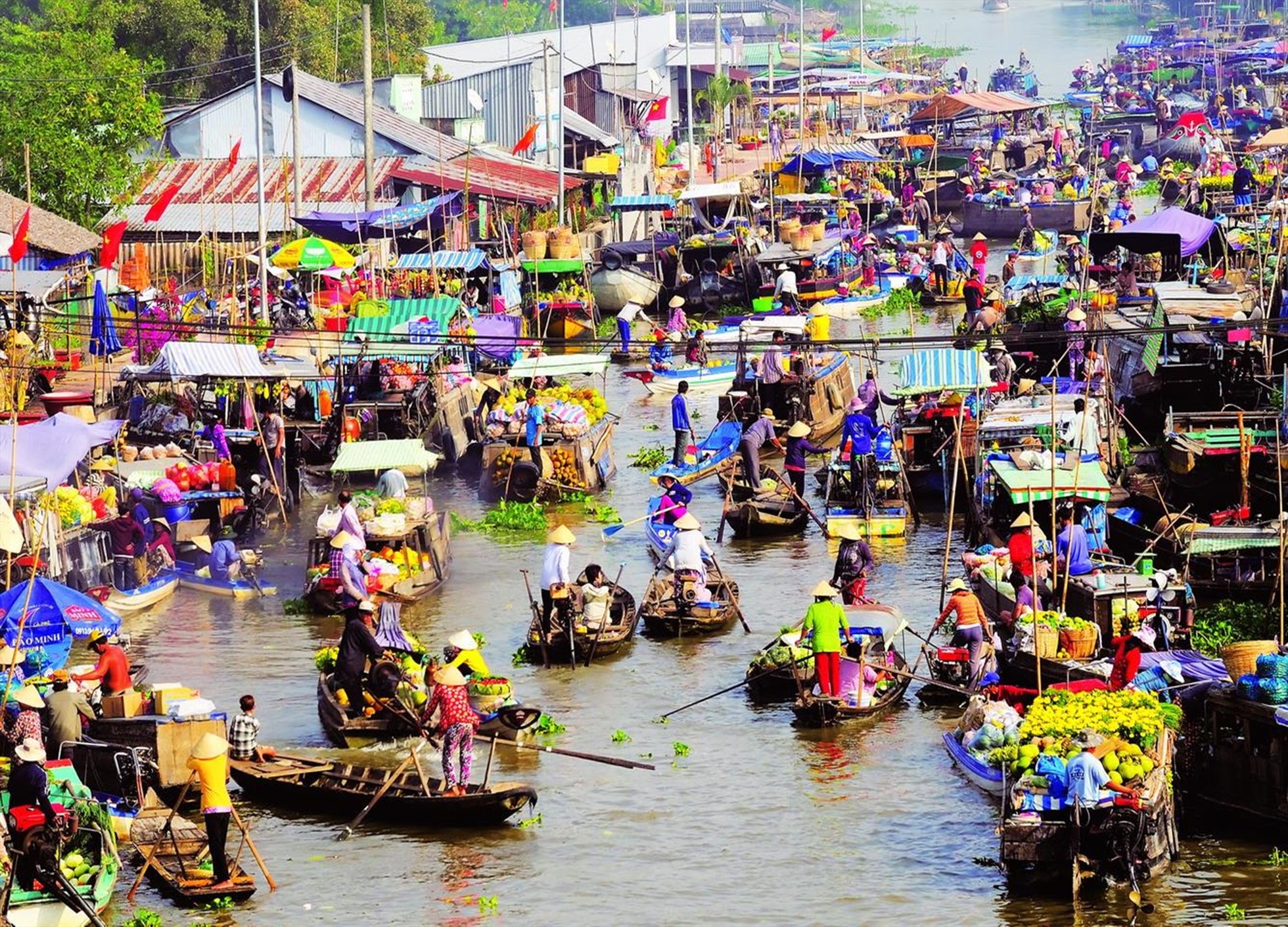

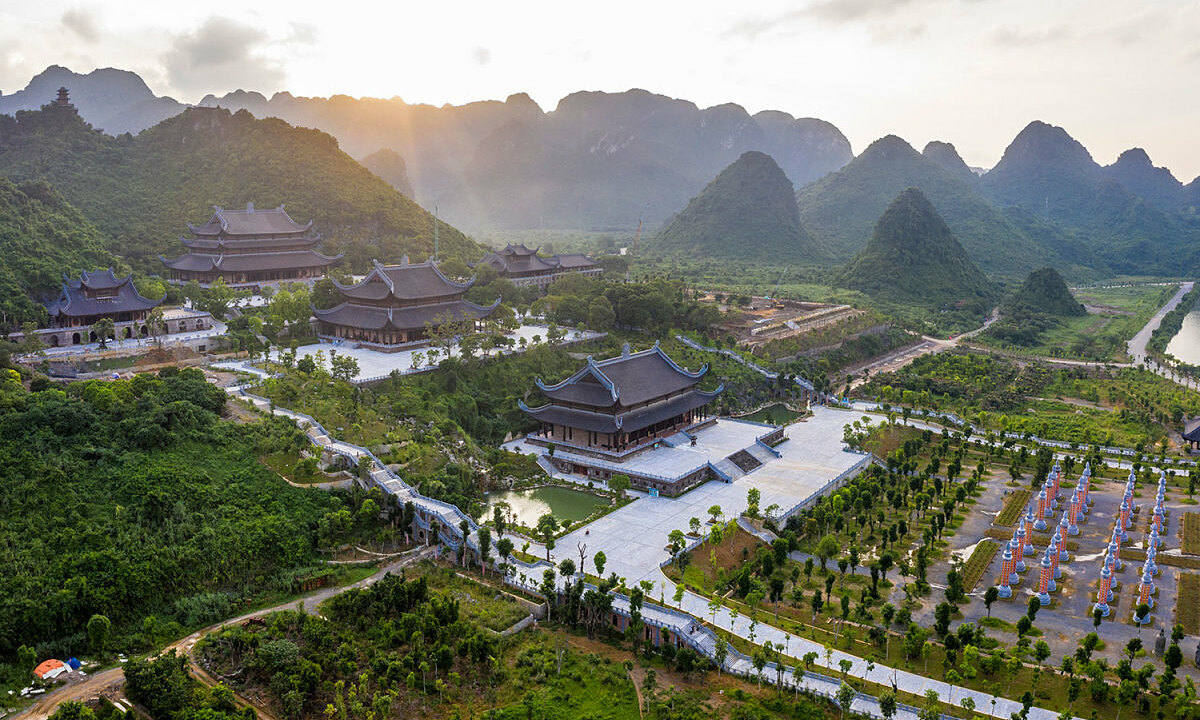








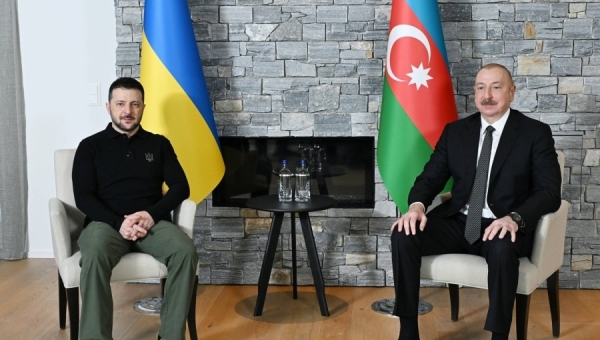




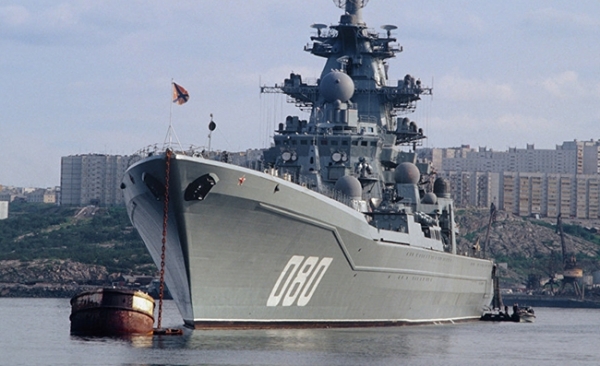




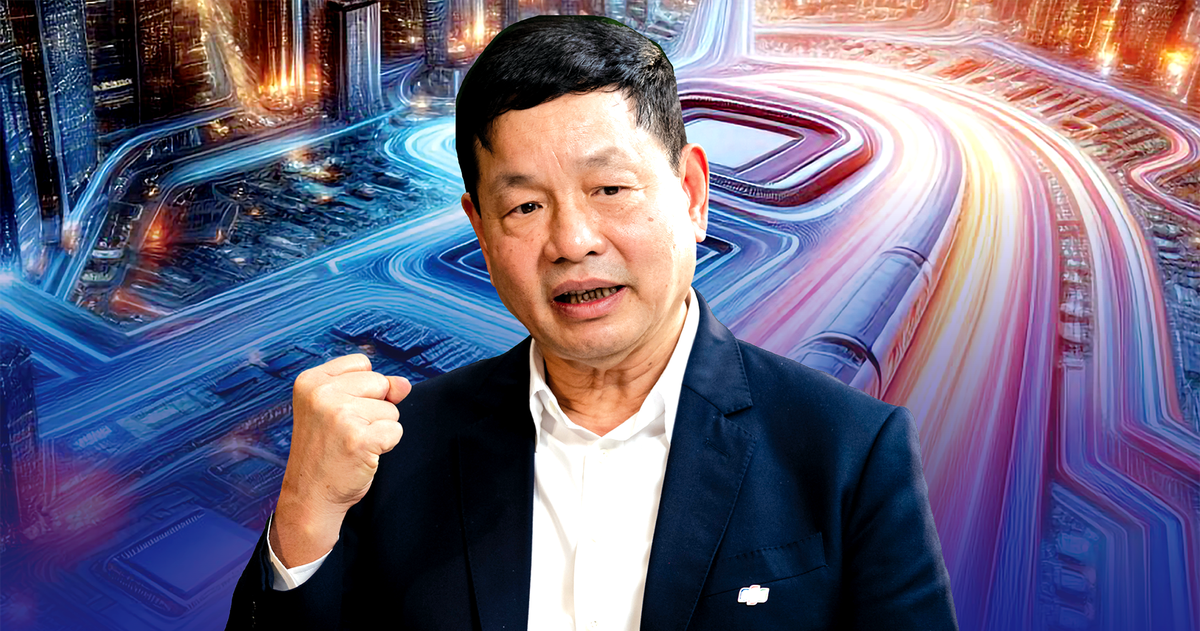




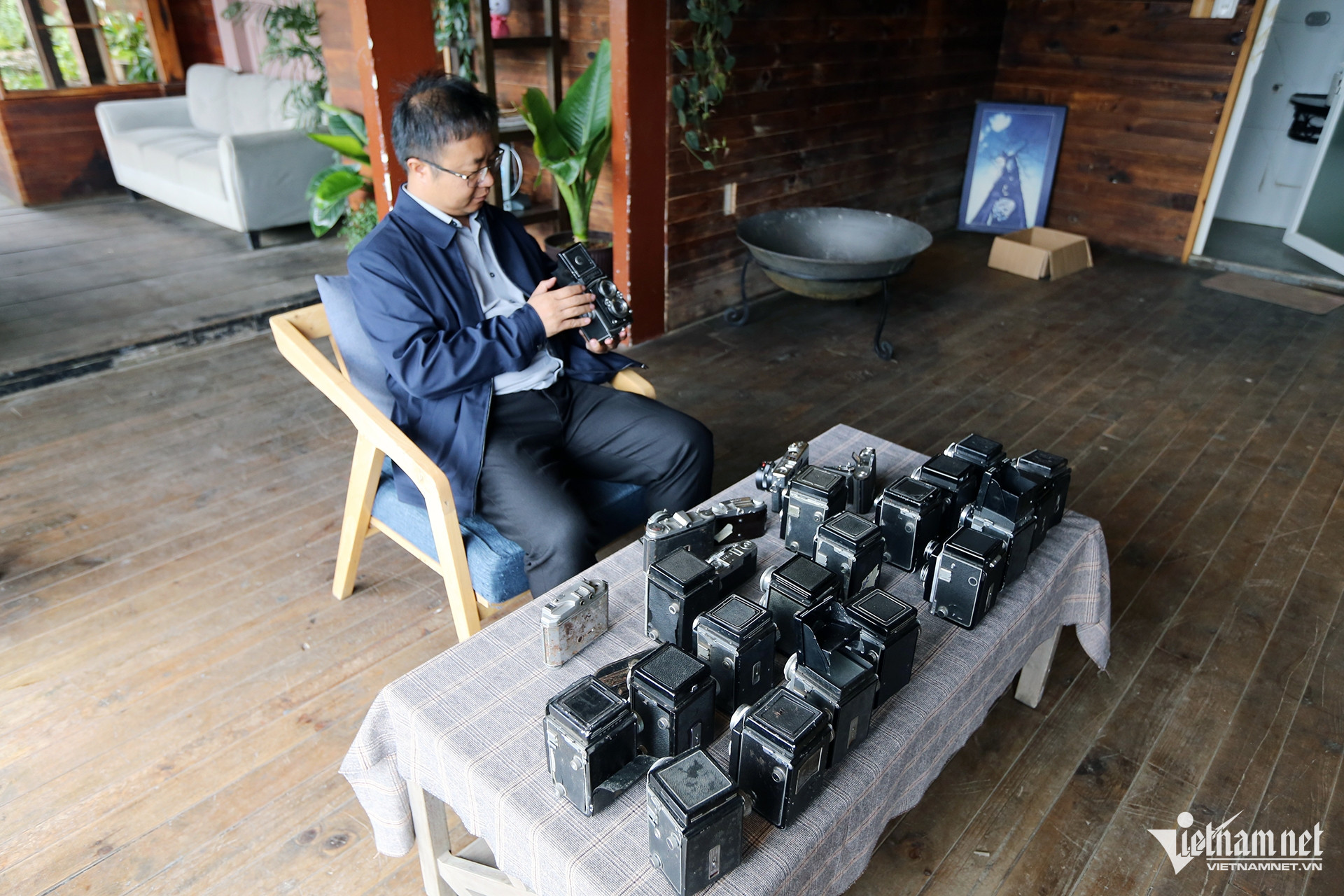





Comment (0)